As an electrical engineer, I’m here to bust a common myth – that the rise of AI and automation spells doom for professions like mine.
I think it’s high time we untangle this concept, free from personal biases, and shed light on what’s really going on in the world of electrical engineering amidst this wave of technological progress.
The future impact of automation and AI on the electrical engineering
Sure, someday in the far distant future, we could find ourselves in a dystopian world where machines rule and human jobs are obsolete. But let’s not get ahead of ourselves – that’s a century or more down the road. Until that techno-fantasy comes to pass, I see an entirely different scenario unfolding. It’s a future blooming with innovative job opportunities birthed by technology itself.
Let’s time-travel back to the 18th-century Industrial Revolution. Revolutionary machines, seen as job snatchers, surprised everyone by kickstarting an avalanche of new job roles. And if we rewind just 40 years, who would’ve thought teenagers could strike gold playing video games in their parents’ basement? Yet today, that’s a reality for many!
So, the million-dollar question is, “what kind of exciting jobs does the future have in store?”
The advancement of tech requires electrical engineers
We, humans, are the architects of the digital age, creators and custodians of every gadget, application, and tech marvel that dances on the stage of today’s world. An unceasing torrent of innovative tech washes over every sector, flooding our capitalist shores, inspiring awe and driving progress. Imagine the opportunities that lie untapped in sectors yet to feel the touch of advanced technology! We, are on a thrilling journey, steering the ship of tech advancement through uncharted waters, year after year.
But let’s hit the brakes for a moment and zoom into one crucial cog in this machine – electrical engineering.
To give you an idea of how sprawling this field truly is, I’ve put together a little chart below. Now, bear in mind, this barely scratches the surface, and I’ve had to leave out numerous niche areas within the realm of electrical engineering.
| Electrical Engineering Discipline | Types of Work |
|---|---|
| Communications | Designing and improving telecommunication systems |
| Electronics | Designing devices that have electronics |
| Energy Systems | Renewable energy designs, and making designs more energy efficient |
| Instrumentation | Designing flow, level, pressure, and temperature measurement devices |
| Power | Generation, transmission, and distribution of power |
| Microelectronics | Small electronic designs for devices typically using semiconductor materials |
| Photonics | New tech with transmission of photons |
| Signal Processing | Analyzing, modifying, and synthesizing signals such as sound and image |
| Systems and Controls | Designing systems to behave a certain way |
The influence and reach of electrical engineers are far-reaching and profound. Automation, though powerful, can’t tap into the creative veins that run rich and deep within this profession. The resilience of this field is, in many ways, an ode to the enduring value of creativity in the realm of machines and electrical engineering.
But hey, don’t take my word for it. Let’s embark on a quick time travel tour into the annals of electrical engineering.
The breadth of electrical engineering jobs
Nothing beats a dive into the past to get a good grasp of the future, and when it comes to electrical engineering, this journey is nothing short of a blockbuster epic.
From its humble roots as a focused discipline, electrical engineering has blossomed into a multifaceted field brimming with opportunities. Did you know that as of today, the electrical engineering profession keeps more than 300,000 Americans busy? That’s the word from the Bureau of Labor Statistics. Quite impressive, right?
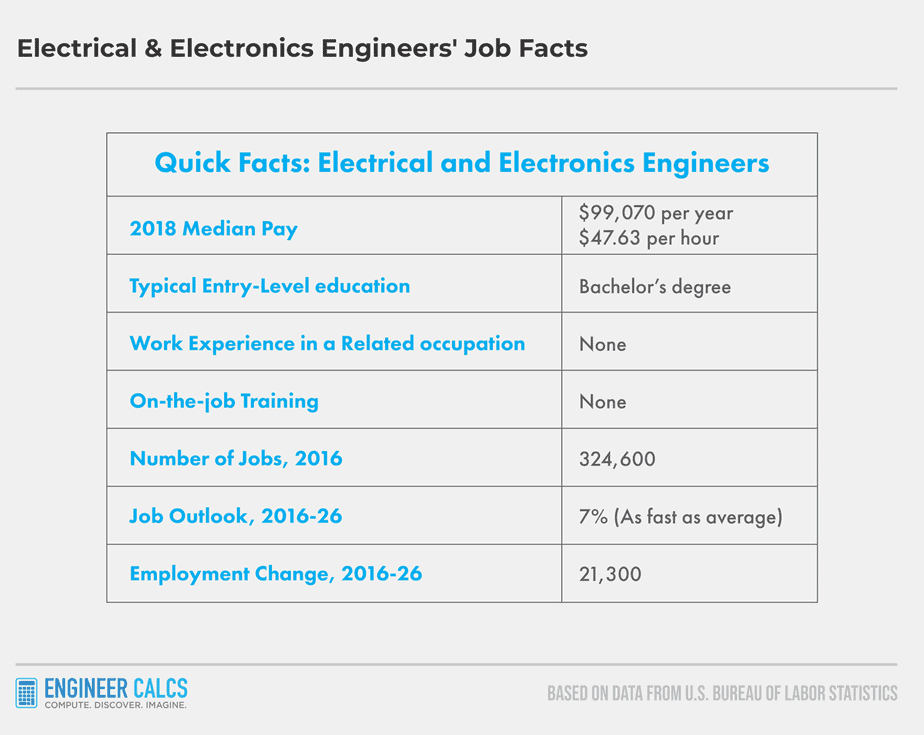
The early history of electrical engineering jobs
Picture this: the late 19th century, the world witnessing the remarkable birth of the professional electrical engineering field, thanks to the groundbreaking work on the electric telegraph. Opportunities in electrical engineering were few and far between back then, but boy, was the potential palpable!
Like a wildfire, the communication industry began to blaze, creating a fertile ground for job opportunities and turning electrical engineers into hot property. Around this same time, the genius Werner von Siemens brought into the world the industrial generator, sparking an entirely new industry. These generators were the forerunners of power utilities, driven by the mission to light up homes and businesses.
The U.S. power grid, the quiet hero of this story, started to flex its muscles. The hunger for electricity was insatiable, akin to a parched desert yearning for rain. In a nutshell, this once-little power grid spread its wings to cover almost the entire country, breathing life into an array of new technologies and jobs along the way.
Take a look at sunny California today. It’s a thriving testament to how cities and power grid infrastructure grow together, hand in hand. This symbiotic relationship fuels growth, inviting more maintenance, more management, and – you guessed it – more jobs!
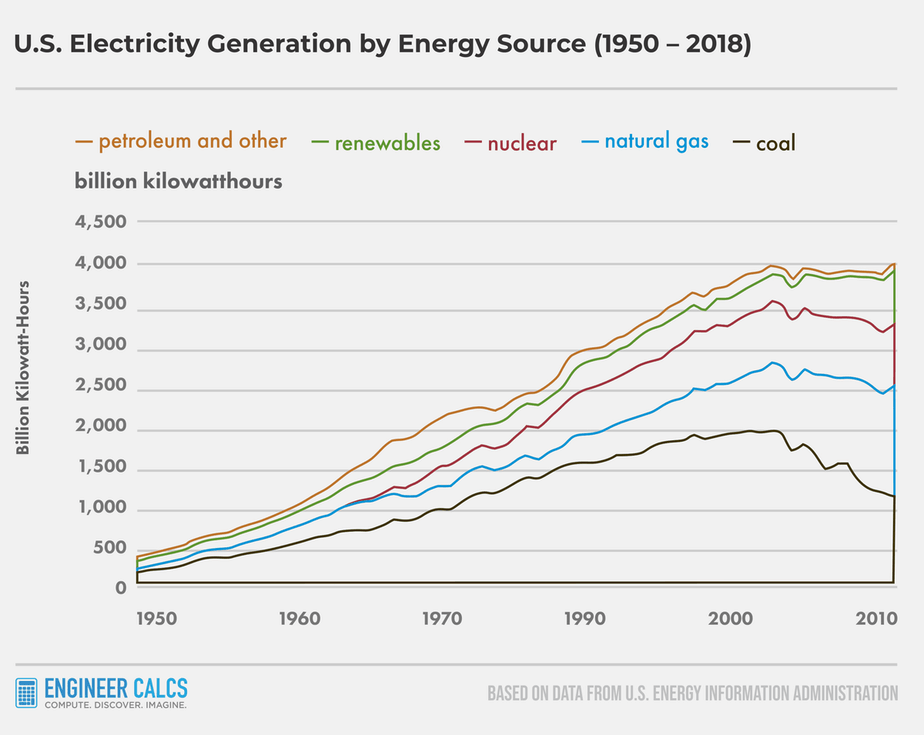
The discovery of electromagnetic waves
Zap into 1888 when the brilliant Heinrich Hertz revealed the existence of electromagnetic waves, catapulting us into the realm of electronics. Today, electronics are as much a part of our lives as the air we breathe. The impact? Monumental. I’d dare to say our society would disintegrate without electronics.
But let’s not wander off track.
Every product flaunting an electronic heart births its own engineering sub-specialty. This butterfly effect results in even more electrical engineering jobs as industries strive to stay ahead of the curve.
During the industrial revolution, companies fiercely competed to employ their own electrical engineers, eager to infuse their infrastructure with electric products. Survival depended on this. After all, machines were now squaring off against humans in the job arena. Think about today’s internet. A business without an online presence? That’s practically a death sentence.
The introduction of transistors
Got a handle on how electricity-driven industries evolve? Good. Nothing stands still here.
Innovations topple over one another like dominoes. And this brings us to the game-changer – transistors.
In 1947, the invention of the transistor forever reshaped our world. It paved the way for personal computing, launching us headlong into a new era of technology.
Take a look around you. Smartphones are the crowning glory of this transistor age. I see them glued to the hands of people everywhere, young and old. It’s astonishing how these pocket-sized devices hold a portal to the entire world’s knowledge.
But here’s the kicker: without electrical engineers, smartphones would be a figment of sci-fi imagination.
Just as we need electrical engineers to create these devices, they too need to keep the wheels turning to propel technology forward. This ceaseless cycle is why we have the niftier, quicker phones we can’t get enough of today.
Take a look at the data from Statista below, illustrating the growth of smartphone users in America. Note, though, that the user count from 2017 to 2022 is purely an estimation.
| Year | Smartphone users in millions |
|---|---|
| 2010 | 62.6 |
| 2011 | 92.8 |
| 2012 | 122 |
| 2013 | 144.5 |
| 2014 | 171 |
| 2015 | 190.6 |
| 2016 | 208.6 |
| 2017* | 224.3 |
| 2018* | 237.6 |
| 2019* | 248.7 |
| 2020* | 257.8 |
| 2021* | 264.9 |
| 2022* | 270.7 |
The electrical engineering profession today and moving into the future
Now, buckle up as we rocket into the 21st century, right into the throbbing heart of today’s electrical universe and mainstream chatter. The headlines are splashed with:
- Renewable energy
- Energy efficiency
- Robotics
- AI
- Microelectronics
- Nanotechnology
Guess who’s holding the reins of these trailblazing technologies? That’s right, our electrical engineers!
So, the demand for electrical engineers will only spiral upwards over time. Now, ironically, these same groundbreaking technologies may end up being our downfall, but let’s save that debate for another day.
To drive home the point of the burgeoning demand for electrical engineers, let’s take a pitstop at electric cars. These days, electric cars are practically glued to the hip of the charismatic Elon Musk and his brainchild, Tesla.
But wait, before we hit the road, let’s tackle the looming specter of potential job losses triggered by the shift to electric cars. The fear is real. As traditional internal combustion engine vehicles become relics of the past, a wave of job losses is inevitable. But here’s the silver lining: the growth of electric cars is turbocharging a new, rapidly expanding industry.
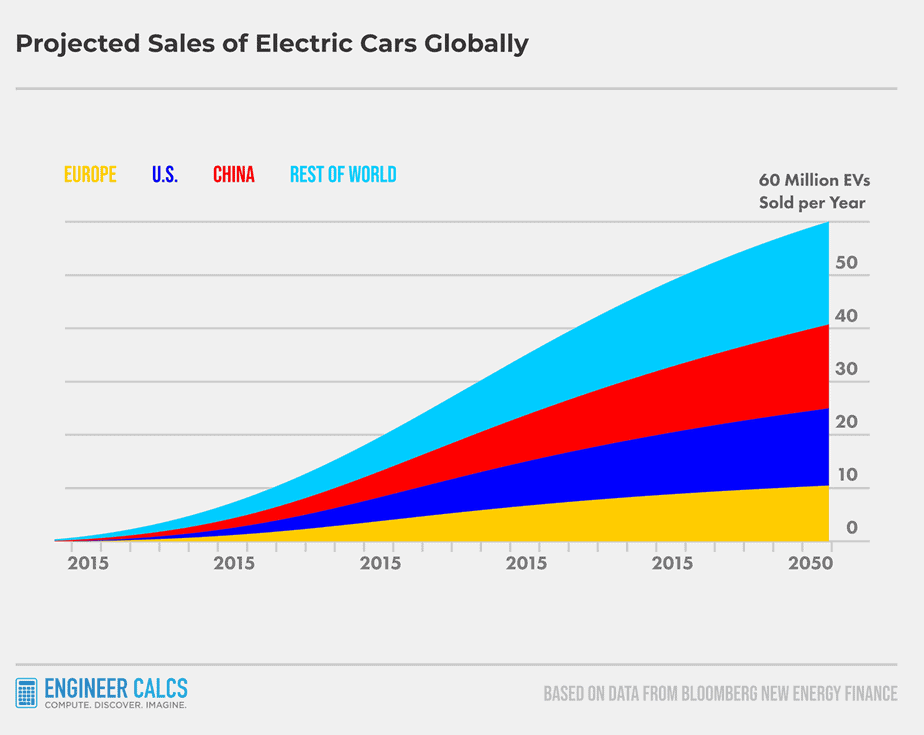
New electrical sub-industries created from electric cars
Let’s peek under the hood at some of these sub-industries to get a sense of the swelling demand for electrical engineers:
1) Battery technology
Batteries are the beating heart of electric cars, sparking a boom in the industry. Engineers are toiling away to stretch driving ranges, trim battery weight and cost, and enhance battery lifespan and safety. It’s a mammoth challenge, but the rewards? Sky high.
2) Autonomous vehicle technology
Imagine a world where the steering wheel is a quaint artifact for the younger generation. That’s the roadmap of autonomous vehicles. Today, every major tech and car company is pouring money into this futuristic technology.
3) Charging stations
Electric cars need their equivalent of gas stations, right? Enter, charging stations. Electrical engineers are laying the groundwork for these stations and experimenting with ways to turbocharge the technology. Heck, I even find myself designing more charging stations each year!
4) Car interiors
As we accelerate into the future, car interiors are getting a tech makeover, amping up the driving experience for drivers and passengers alike. The array of gadgets and tech upgrades we could add to our cars is downright exhilarating.
5) Electric utility improvements
To accommodate the surge in electric cars, we need to give our power grids and city infrastructures a serious upgrade. This challenge spans across all 50 states in the U.S.
The direction of technology today
Technology has intricately woven itself into the fabric of our daily lives. Each thread it intertwines generates a new crop of specialist jobs. So, the call for electrical engineers isn’t about to quiet down. Take a look at the graph below.
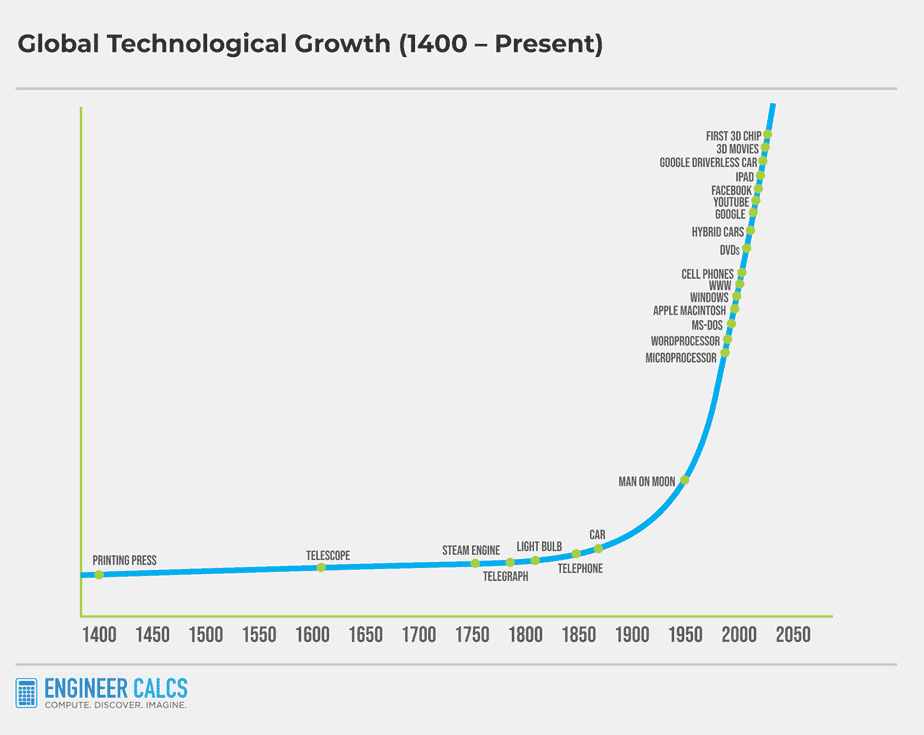
Power utility job prospects for electrical engineers
Let’s plunge into the depths of the power utility sector to spotlight just how robust the demand is for electrical engineers. Vacancies are cropping up nationwide, not just in my sun-soaked home state of California.
With our population skyrocketing, our power grid is stretched to deliver electricity to more folks than ever before. To boot, California is aiming for the stars with its ambitious target of hitting 100 percent zero-carbon electricity by 2045. This surging demand doesn’t even factor in that much of our current power grid’s equipment needs replacement.
To compound matters, many power engineers are eyeing retirement. Thus, the thirst for fresh, talented engineers in this sector is going through the roof.
To rise above the fray as an electrical engineer, you’ll need to keep your skills razor sharp. Check out the resources I’ve crafted:
- 5 NASA engineering mindset lessons to know
- The untold skill: Do engineers do hands on works
- 5 Ways to master leadership in engineering
- 4 lessons to learn from engineering failures
- 5 key social qualities of a great engineer
- 15 non-technical tips every engineer should know
- Engineering mindset examples by 10x engineers
- 10 ways on how to improve as an engineer
- The 17 Elon Musk learning strategy lessons
- 10 easy tips on how to work like a machine
Here’s a snapshot of the top industries employing electrical engineers back in 2018:
| Industries employing electrical engineers | Number of people employed in 2018 |
|---|---|
| Electronic component & product manufacturing n.e.c. | 33,706 |
| Architectural, engineering & related services | 28,449 |
| Electric power generation, transmission & distribution | 18,338 |
| Electric lighting & electrical equipment manufacturing | 11,535 |
| https://www.zillow.com/homedetails/190-Vista-Cove-Cir-Sacramento-CA-95835/54916033_zpid/ | 9,864 |
As you can see, power grid-related gigs snagged the third spot. I’d bet my bottom dollar that the demand for electrical engineers in this sector has only swelled since then.
A job search isn’t a cakewalk
Let’s cut to the chase: scoring an engineering gig isn’t a walk in the park. It’s a difficult journey packed with grueling work and sacrifice to snag that dream role, but believe me, it’s a wild ride that’s well worth it.
As our world shrinks and population swells, job competition will only toughen up. Yet, there’s a silver lining: job opportunities are sprouting up across the globe. As emerging nations blossom, the global demand for electrical engineers is surging.
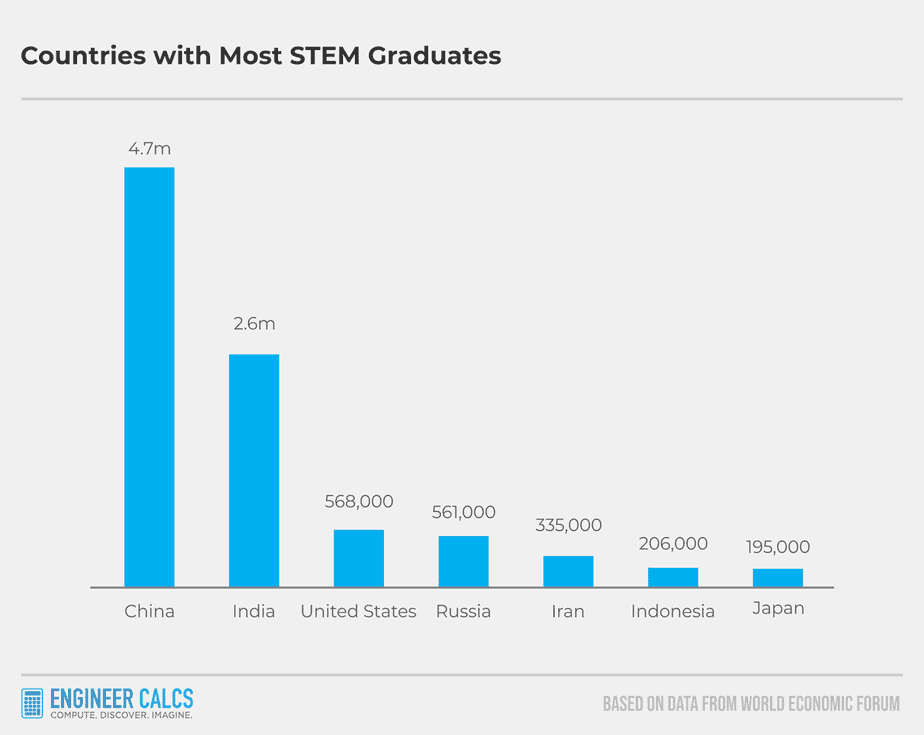
Finding your dream engineering gig may mean packing your bags for another state or even another country. It’s a daunting leap, but one that can propel your career in the long run. Armed with experience, you’re better positioned to land your perfect role and savor more job security.
Got a burning entrepreneurial spark? You could kickstart your own venture.
But regardless of your chosen path, it’s crucial to keep learning and stay one step ahead of the competition. Otherwise, you risk joining the ranks of jobless engineers.
How I treat my work to stay on top of my craft
When it comes to my work as an electrical engineer, I don’t just clock in and out. I’m all in, committed to delivering top-quality work, even if it means pulling all-nighters.
My passion for this field fuels me to persistently learn and refine my skills, pay be damned. Take a page from Elon Musk’s book. He didn’t park himself in a classroom to master rocket science, but he hungrily consumed textbooks and buddied up with the brightest brains in aerospace to catapult his learning.
The takeaway? Don’t shackle yourself to your job description. If your role mandates you to tackle task X, who’s to say you can’t conquer X and Y simultaneously?
To stay at the forefront in today’s fast-paced world, you can’t afford to get too snug in any role. You’ve got to be adaptable to reach your full potential.
Look towards the wild, where survival is the name of the game. Animals embark on epic migrations for food annually, braving potential predator threats. They put their sustenance chase above their fears, boldly stepping outside their comfort zones daily.
As an engineer, you need to embody this survival spirit and keep your competitive edge honed, regardless of the number of candles on your birthday cake. Ageism is an unfortunate reality that many engineers confront as the years roll by, but by persistently learning and honing your craft, you can stay ahead of the curve.
Electrical engineering jobs in the future
I’ve said it before and I’ll say it again: the call for electrical engineers is only set to amplify over time. From my own experience and looking at the past and present, I see a bright future ahead.
The cold, hard truth is, this profession isn’t about to pack its bags. That’s about as likely as folks suddenly swearing off animal products.
In fact, as an electrical engineer, you may find yourself tasked with rendering other jobs extinct. But fret not, you’ll be laying the groundwork for even more innovative roles in return.
How do you envision the future of electrical engineering? What sort of engineering roles do you see on the horizon?

What you’re doing is so so so good, you’re really helping future engineers have a clear picture of the industry. YES! The future is built by engineers!
Glad you’re liking the content!
But Sir, you didn’t include how AI will impact EE field.
There are softwares like JITX which automate the design process(not completely, I understand). But this will decrease the number of electrical engineers as one EE guy might be able to do work of 5 EE guys approximately in the same time frame, just like how calculators reduced the number of “people who calculated on paper” jobs.
What will we do then?
The onset of the digital world has erased many lower level jobs, while also creating many jobs. Moving forward, as AI/ML improves, what you expounded over will come to fruition. My suggestion to any engineer is to self-learn yourself into a creative role – even better, a creative role, which interfaces with the physical world. The aforementioned roles will be the last to be automated away.
To your point though, even with highly creative jobs, software will further reduce the engineer headcount. Thus, you need to constantly learn and be aware of the position(s) you find yourself in – become too comfortable going through routine work, and you can soon find yourself without a job.